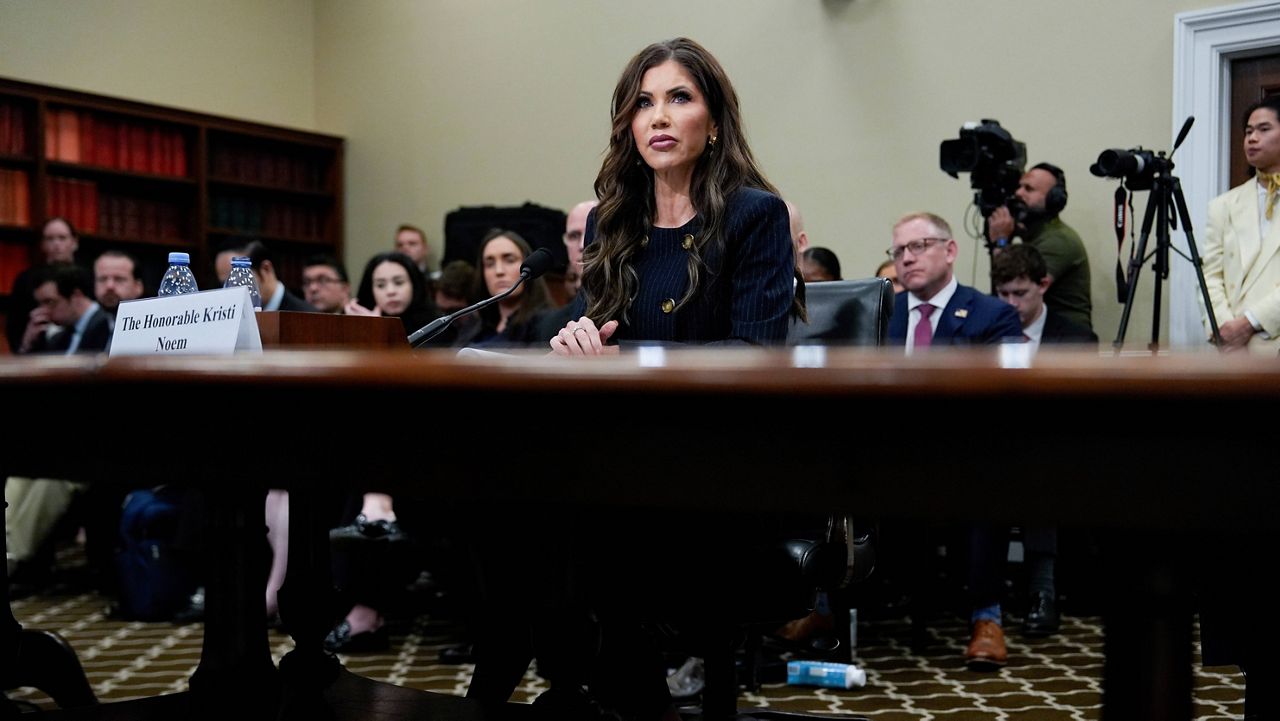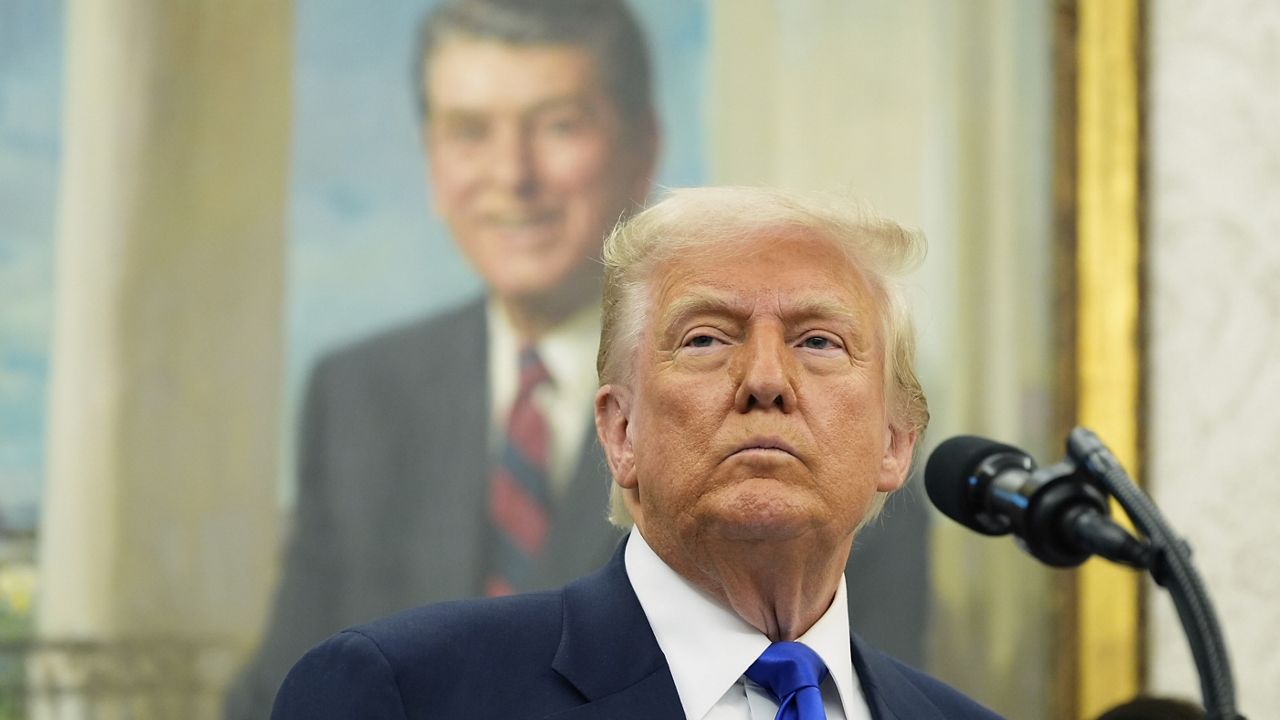A new federal law seeks to reduce the use of animal testing in the FDA drug approval process.
It ends a Depression-era requirement that new medications be tested on animals before human drug trials.
The new law does not prohibit the testing of new drugs on animals but it does end the mandate that animal testing must take place.
Animal rights advocates say it will improve animal welfare and pave the way for the use of advancements in drug testing.
“We needed to fix a broken drug development system that was not producing good outcomes for people, and was really hurting so many animals quietly in laboratories throughout the U.S.,” said Wayne Pacelle, President at the Center for a Humane Economy.
Pacelle says developing a new drug can take 10 to 15 years and cost $1 billion to $6 billion.
"That means that the drug companies have to have a treatment for illnesses that are widespread enough for them to recoup that capital investment. And part of it is because the animal tests fail so much and drives up the costs," Pacelle said.
Dr. Paul Locke, an associate professor at Johns Hopkins University in the Department of Environmental Health and Engineering calls the new law "good news.”
He says it will further "rapidly developing" alternatives to animal testing that move closer to human biology. That includes the creation of micro-devices that mimic human organs.
"You can create what some people will call a lung on a chip, and you're able to, you know, engineer this device," Locke said. "So that it does things like mimic breathing, and mimic fluids flow through the lung, and then you can introduce compounds into it to see how it could, it could work. You can do that with other organs like heart on a chip. You can do that with liver on a chip."
Locke said that technology has not advanced enough to stop animal testing immediately, adding that "[no] is too simple of an answer. Because I think the more important answer is, where should we be going? And where we should be going is developing these technologies so that they can replace animals."
The National Association for Biomedical Research said, "Animal testing followed by human clinical trials currently remains the best way to examine complex physiological, neuroanatomical, reproductive, developmental and cognitive effects of drugs to determine if they are safe and effective for market approval."
The bill passed the Senate in September and then ended up in the sprawling, catch-all government funding bill that also passed in December and was signed by President Joe Biden.
The larger bill was opposed by most Republicans, but the animal rights provisions had supporters on both sides of the aisle.
“In addition to preventing unnecessary and cruel animal abuse, this legislation will be pivotal in promoting faster delivery of cures for devastating diseases. This is a win-win for science and animal welfare,” Florida Republican Rep. Vern Buchanan who led the charge in the House said in a statement.
"It was a great bipartisan effort," Pacelle said. "This was an example that yes, our country does have universal values, opposition to animal cruelty, proper and effective treatments of patients. Neither of those subjects should be a partisan issue."
The Center for a Humane Economy is urging the FDA to set a goal for completely ending animal testing for drug approval by 2030.









